I’ve always been someone who tinkers—with my habits, my mindset, my process. Call it a quest for optimization, or as my husband lovingly suggests, an allergy to the status quo. I like to believe I’m sculpting a better version of myself; he thinks I just get bored and need a new project. We’re probably both right.
But this year feels different. This is the year I turn 40. And while part of me still walks around like a 25-year-old seeking gold stars, another part is quietly reckoning with the math: I might be halfway through my most productive adult years. That realization isn’t morbid—it’s clarifying. Because when I look back at the past five years, I see more growth, joy, and living than the three decades before. Becoming a mother. Writing a cookbook. Building a business from scratch. Putting myself out there and being vulnerable in ways I never imagined. Waking up with a sense of purpose that makes me grateful to start each day.
And yet—true to form—I’m still chasing moving targets. Still telling myself I’ll slow down, rest, connect more... just as soon as I “catch up.” The finish line, of course, never arrives.
Lately, this pattern has caught up with me—mostly in the form of sh**tty sleep (did I mention I’m turning 40?). So I’ve been taking long, grounding walks through Central Park with Audible in my ears and a mission to recalibrate. These five books, each in their own way, have helped me shift perspective. They’ve nudged me to soften the hustle, question the scripts, and hold space for new definitions of success.
Here’s what I’m reading (or listening to)—and what’s staying with me. In no particular order -
(pictures are snapshots of the respective websites and link to them directly)
The Gap and the Gain by Dan Sullivan with Dr. Benjamin Hardy
I first heard about this book from Amy Porterfield, and it landed in my life at just the right moment. If you’ve ever launched something ambitious—be it a product, a career pivot, or even your weight loss goal —you’ve probably felt it too: that gnawing sense that no matter how far you’ve come, it’s not enough. You’re still not there.
This book offers a striking reframe. It asks: Are you measuring yourself against the gap between where you are and where you want to be—or the gain you’ve already made from where you started?
I realized I’d been living in the gap without even knowing it. Canceling plans, or worse, not making them at all, because I hadn’t “earned” the celebration yet. Delaying joy until some elusive milestone was hit. And here’s what the book makes brilliantly clear: if happiness is always on the other side of achievement, you’ll never arrive. Happiness cannot be the goal. It has to be the way.
That simple shift cracked something open for me. I started paying attention to the quiet wins—launching something imperfect but done, showing up even when it felt vulnerable, doing it right when no one was watching. I even adopted the book’s journaling practice: every day, I note three wins from today and three I’d like to create tomorrow. It’s a small ritual, but it’s rewiring my brain to see progress, not just potential.
And when you’re building a life around passion, as I am, the last thing you want is to let that joy get buried under the pressure to “succeed.”
You Only Die Once: How to Make it to the End With No Regrets by Jodi Wellman
I met Jodi—author, speaker, and darkly delightful death enthusiast—at my cooking class in Rancho La Puerta last year. With some confusion at the beginning of the class, I was low-key stressed out while trying to pretend that I had it all under control. Jodi sidled up to me, glanced around, and said with mock-seriousness, “Now, if I were the bowl of a small blender, where would I be?” I burst out laughing, because that was the beginning of my recipe. And just like that, I could breathe again.
That’s the essence of Jodi’s work: piercing truths delivered with wit and lightness. Through her beautifully illustrated book, and cleverly named Instagram account, she brings the concept of memento mori—remember, you must die—into everyday life, not as a morbid mantra but as a call to clarity. We don’t have forever. In fact, we have far fewer Mondays than we’d like to believe. (For me? Around two thousand, if that. Did I mention I’m turning 40?)
Jodi’s writing is hilarious, unpretentious, and sharp as a chef’s knife. She reminds us that we are, in her words, “basically walking corpses”—so the faster we stop deferring our dreams, the better. Whether it’s finally booking that trip, launching the project, or simply telling the truth about what we want—this book doesn’t just ask if you’re living fully. It asks when you’ll start.
And for me, that urgency is starting to feel a lot more real.
Off the Clock: Feel Less Busy While Getting More Done by Laura Vanderkam
An executive coach recommended this book to me during a leadership training in my hedge fund days—and in an poetic twist of time management irony, I only got around to reading it five years later. But oh, was it worth the wait.
In Off the Clock, Laura Vanderkam doesn’t just talk about how we spend our hours—she explores how we experience them. Why is it that some of the busiest people seem to have time for everything that matters? The board seats, the hobbies, the long dinners, the moments with their kids—not to mention the rare and wonderful ability to linger. How do they pull that off?
The answer lies in how we perceive time, not just how we manage it. Laura makes the case that people who plan intentionally and make room for memorable moments actually feel like they have more time. Not because they’ve hacked the calendar, but because they’ve paid attention. They've designed lives where time expands around meaning.
One line that stayed with me: People are always worth the time. And when you act like you have time to connect, to meander, to talk to the barista or linger on a bench, the world responds differently. You become someone who looks approachable, open, available—for opportunities, for joy, for life itself.
This book is full of gems, and I already know I’ll be reading it again. Probably more than once. Because the goal isn’t just to get more done. It’s to feel the fullness of the life we’re already living.
Tiny Experiments: How to Live Freely in a Goal-Obsessed World by Anne-Laure Le Cunff
Anne-Laure Le Cunff—founder of Ness Labs and a trained neuroscientist—invites us to reimagine personal growth not as a project to perfect, but as a playground to explore. In Tiny Experiments, she offers a refreshingly different approach: instead of chasing big goals with rigid timelines, what if we made small contracts with ourselves? Little experiments, driven by curiosity rather than achievement?
This book was a gentle unraveling of the perfectionist wiring I’ve carried for years. The kind that says: “Set a goal. Build the plan. Stick to it. Then celebrate—maybe.” Anne-Laure suggests something radically softer. What if the goal isn’t the point? What if the process—the act of experimenting, noticing, and adjusting—is the path?
Look back to childhood, when we all do things just to see what happens. No pressure, no outcome required. Just play. That’s the spirit she encourages us to reclaim.
She also makes a compelling point: goals, as noble as they may be, can weigh us down. They plant us in a future that hasn’t happened yet—and keep us from fully inhabiting the present. Tiny experiments, on the other hand, open space. They give us permission to meander, to evolve, to let one curiosity lead to the next.
And in a season of life where I’m rethinking not just how I spend my time, but how I define success, this feels like a quiet revolution.
The Let Them Theory by Mel Robbins
I haven’t finished this one yet, but even in the early chapters, The Let Them Theory has begun to unspool some behaviors: the need to fix, smooth over, or subtly steer other people’s behavior—especially when it doesn’t align with my plan or values (for example, my zeal for eating healthy).
Mel Robbins offers a strikingly liberating idea: if someone wants to do something you disagree with, let them. Let the friend cancel. Let the colleague overstep. Let the family member make the choice you wouldn’t. Not with apathy, but with intentional release—because trying to control others, or basing your peace on their response to you, is quietly exhausting.
But Robbins doesn’t just stop at letting them. She turns the mirror back and says: Let me.. control what’s in my power. Let me honor my own energy without absorbing everyone else’s. Let me communicate with openness instead of reactivity. Let me practice self-regulation so I’m no longer a thermostat for someone else’s emotions.
This book is about more than boundaries— it’s about learning that loving yourself sometimes means stepping back without shutting down. And when you do, more often than not, you’ll find that they come to you.
I’m always amazed by how the right book finds you at just the right time. Each of these has nudged me—gently or not-so-gently—toward a fuller, more grounded way of being. But of course, the search never ends.
So tell me:
What’s the one book that’s shifted something in you lately?
The kind you finish and immediately want to press into a friend’s hands. I’d love to know—I'm always on the lookout for my next read.
Just hit reply or drop a comment if you're reading this on Substack. I'm listening.


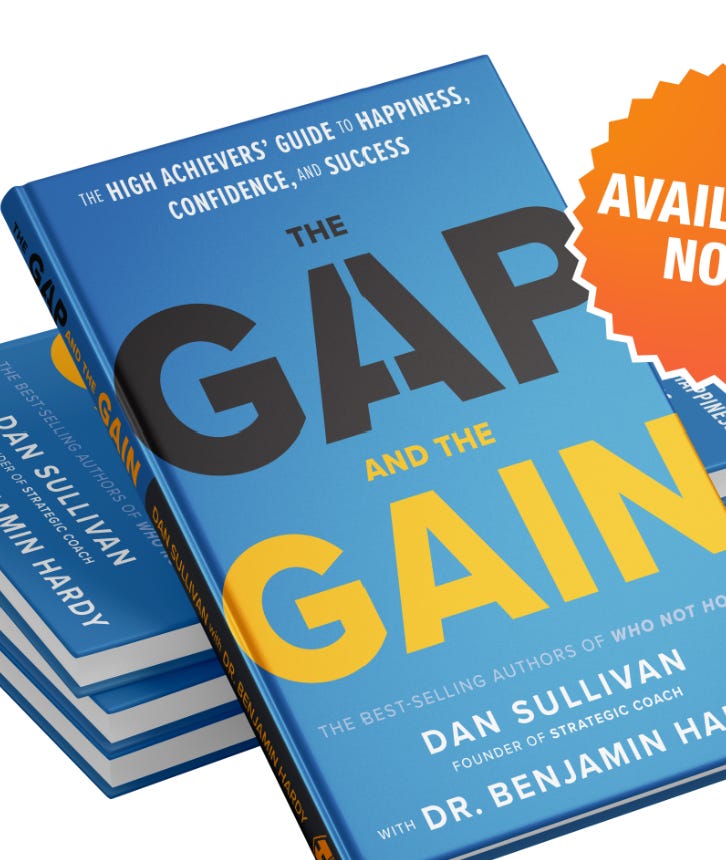
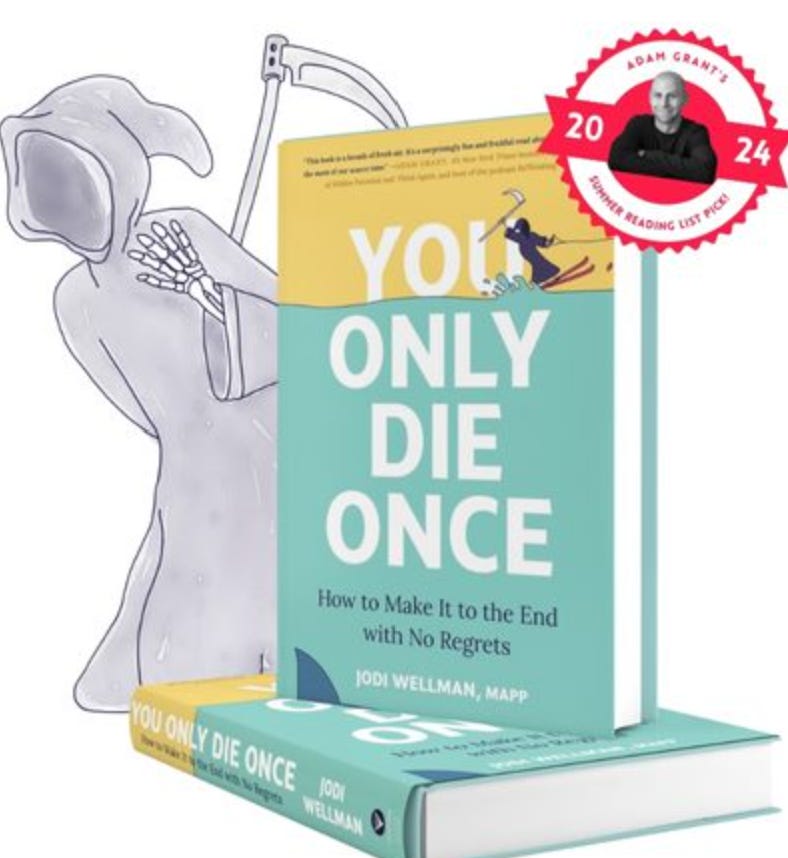
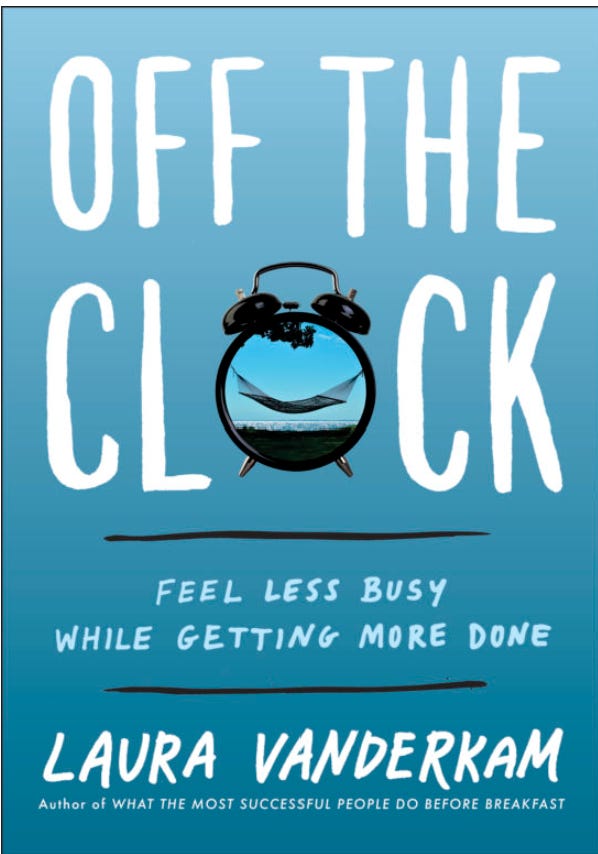
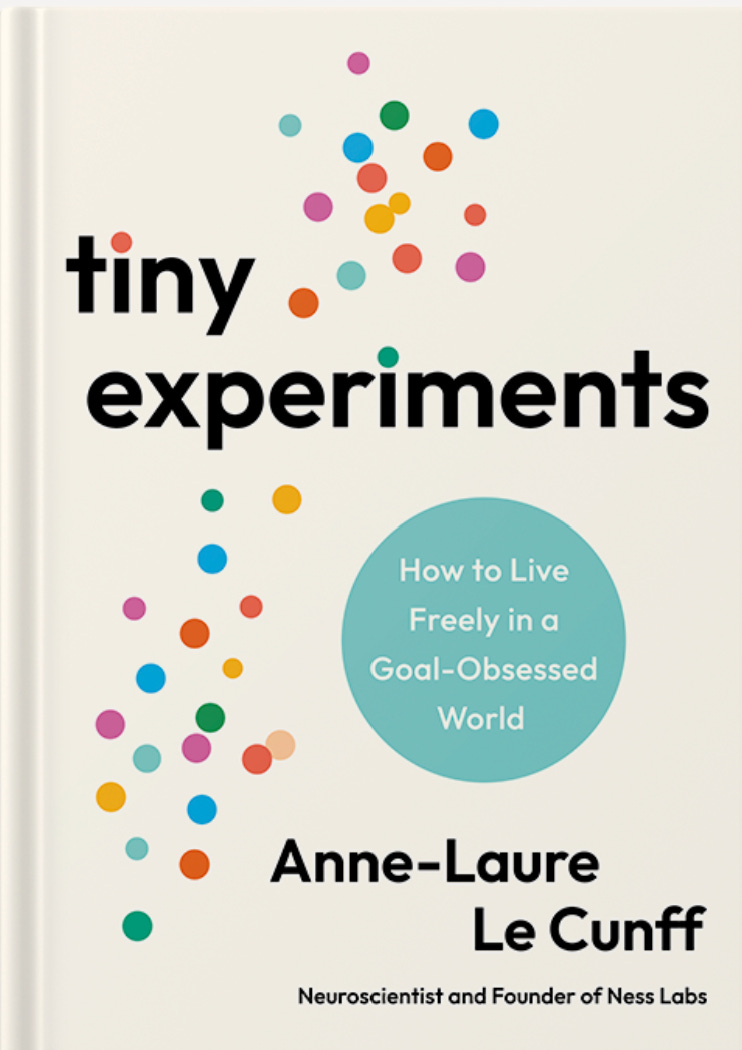
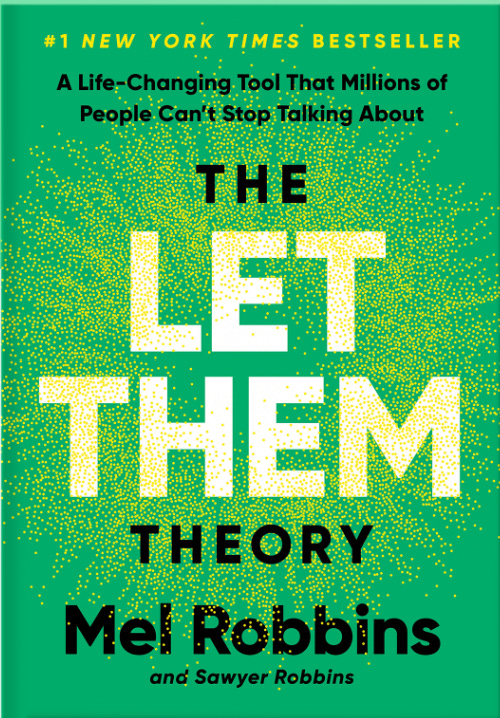
Hope for Cynics: The Surprising Science of Human Goodness, by Jamil Zaki. this is a rarity, I work of transformational nonfiction that has a heart. We really are wired to be kind to one another.
Thank you for this. Looking forward to seeing your posts on Instagram and Facebook.